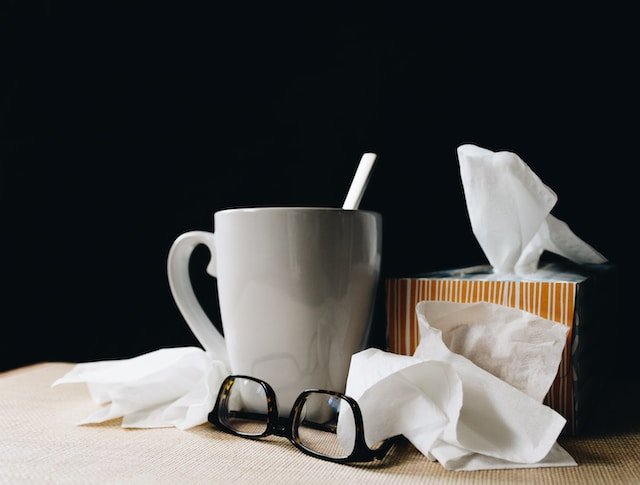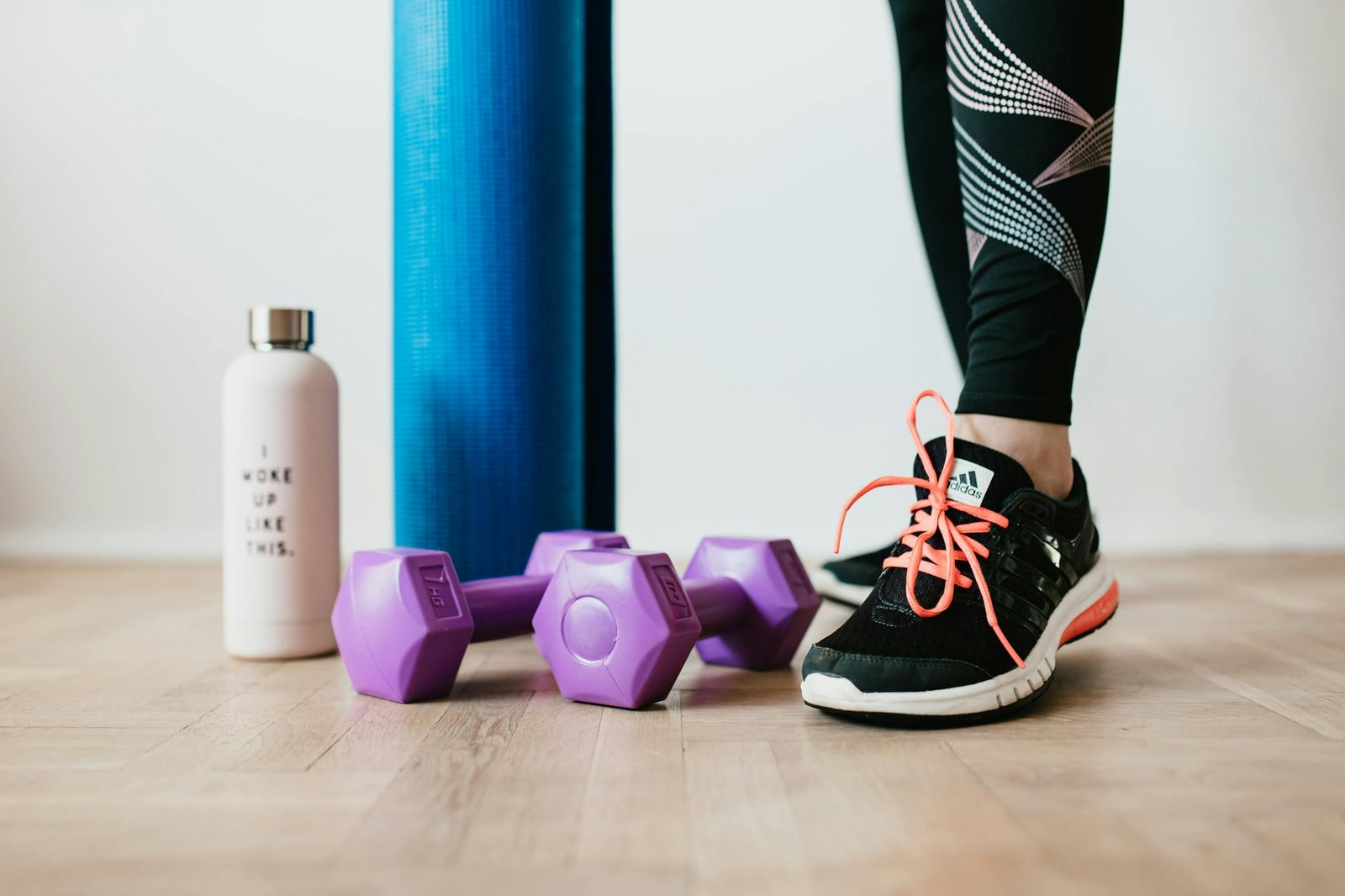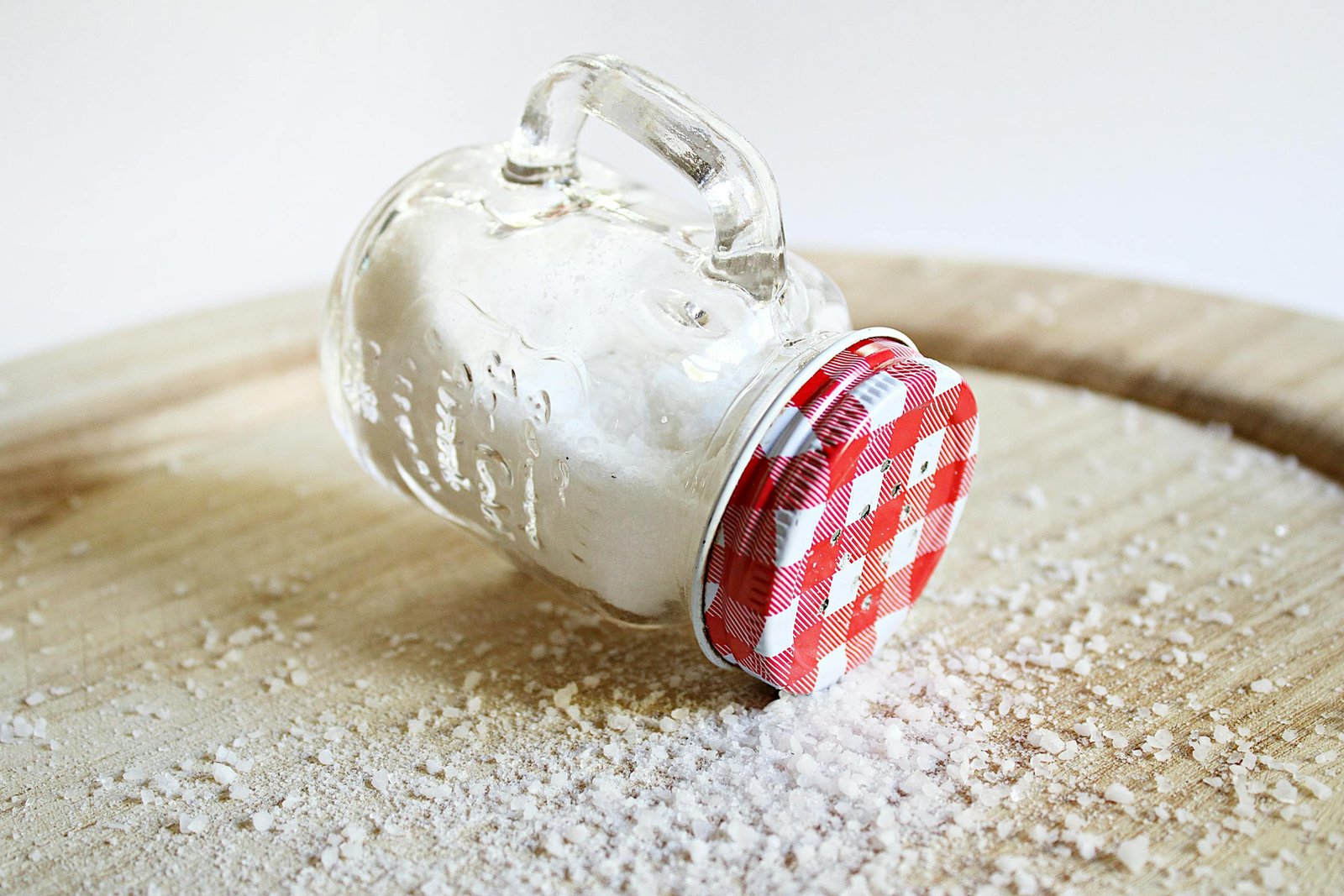Best Way to Hydrate Plus Tips for Staying Hydrated and Healthy
There are some affiliate links below, but they are all products I highly recommend. For more info, view my disclosure here.
Staying hydrated is essential for maintaining good health and overall well-being. However, with so many different options available, it can be challenging to determine the best way to hydrate. We will explore the various methods of hydration and provide you with the information you need to make informed decisions about your hydration habits.
Dehydration can lead to a host of health problems, including fatigue, headaches, and even kidney stones. Therefore, it is crucial to stay hydrated throughout the day. While drinking water is the most obvious way to hydrate, there are other options available, such as sports drinks, coconut water, and even fruit-infused water. We will examine the benefits and drawbacks of each of these options, so you can make the best choice for your needs.
Whether you are an athlete looking to optimize your performance or just someone looking to maintain good health, staying hydrated is essential. In the following paragraphs, we will explore the various methods of hydration and provide you with the information you need to make informed decisions about your hydration habits.
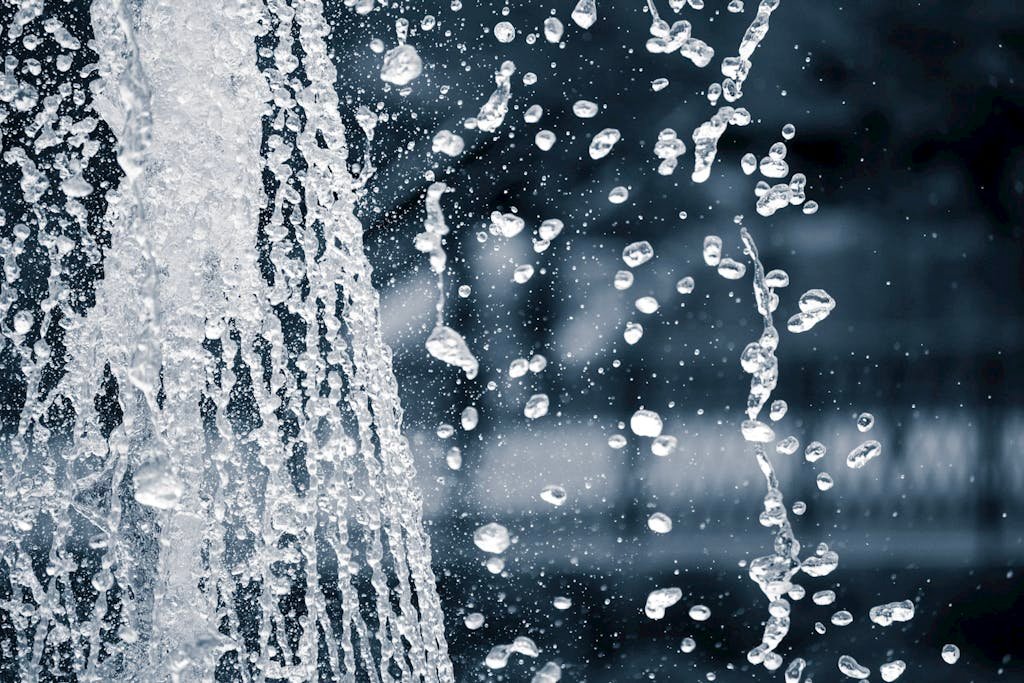
Understanding Hydration and Its Importance
Proper hydration is crucial to maintaining good health. It is essential to understand the role of water in the body, signs and symptoms of dehydration, and the benefits of staying hydrated.
The Role of Water in the Body
Water is the most important nutrient for the human body. It makes up about 60% of your body weight and is involved in many vital functions, including regulating body temperature, transporting nutrients and oxygen to cells, removing waste, and lubricating joints.
Signs and Symptoms of Dehydration
Dehydration occurs when the body loses more water than it takes in. Symptoms of dehydration can range from mild to severe and can include thirst, dry mouth, fatigue, headache, dizziness, and dark colored urine. Severe dehydration can lead to confusion, rapid heartbeat, and even death. Rehydrate as soon as possible if you experience any of these symptoms.
Benefits of Staying Hydrated
Staying hydrated has many benefits for your health. It can help prevent constipation, improve kidney function, and maintain healthy skin. It can also help regulate blood pressure, reduce the risk of headaches, and improve cognitive function. It is recommended that you drink at least 8 glasses of water per day to maintain proper hydration.
Understanding the importance of hydration and the role of water in the body is crucial to maintaining good health. By recognizing the signs and symptoms of dehydration and staying hydrated, you can reap the many benefits of proper hydration. If you experience severe symptoms of dehydration, seek medical attention from a doctor.
Effective Hydration Methods
When it comes to hydrating your body, there are several effective methods you can use. Here are some of the best ways to stay hydrated:
Water Intake Recommendations
Drinking enough water is crucial for staying hydrated. The amount of water you need to drink depends on various factors, such as your age, gender, weight, and activity level. As a general rule of thumb, experts recommend drinking at least 8 glasses of water per day. However, if you are physically active or live in a hot climate, you may need to drink more water to replenish the fluids lost through sweat.
Role of Electrolytes in Rehydration
Electrolytes are minerals that play a vital role in maintaining fluid balance in your body. They help regulate the amount of water in your cells, tissues, and organs. Sodium and potassium are two of the most important electrolytes for rehydration. When you sweat, you lose electrolytes along with fluids. To replenish them, you can drink sports drinks or oral rehydration solutions that contain electrolytes.

Hydration for Physically Active Individuals
If you exercise regularly, it’s essential to stay hydrated before, during, and after your workout. When you exercise, your body produces sweat to cool down and regulate your body temperature. Sweat contains fluids and electrolytes, so it’s crucial to replenish them to avoid dehydration. You can drink water or sports drinks during your workout to stay hydrated. Sports drinks are an excellent option for athletes who engage in high-intensity workouts because they contain electrolytes and carbohydrates that provide energy and improve performance.
By following these effective hydration methods, you can ensure that your body stays hydrated and healthy. Remember to drink enough water, replenish electrolytes lost through sweat, and stay hydrated during exercise to maintain optimal health and performance.
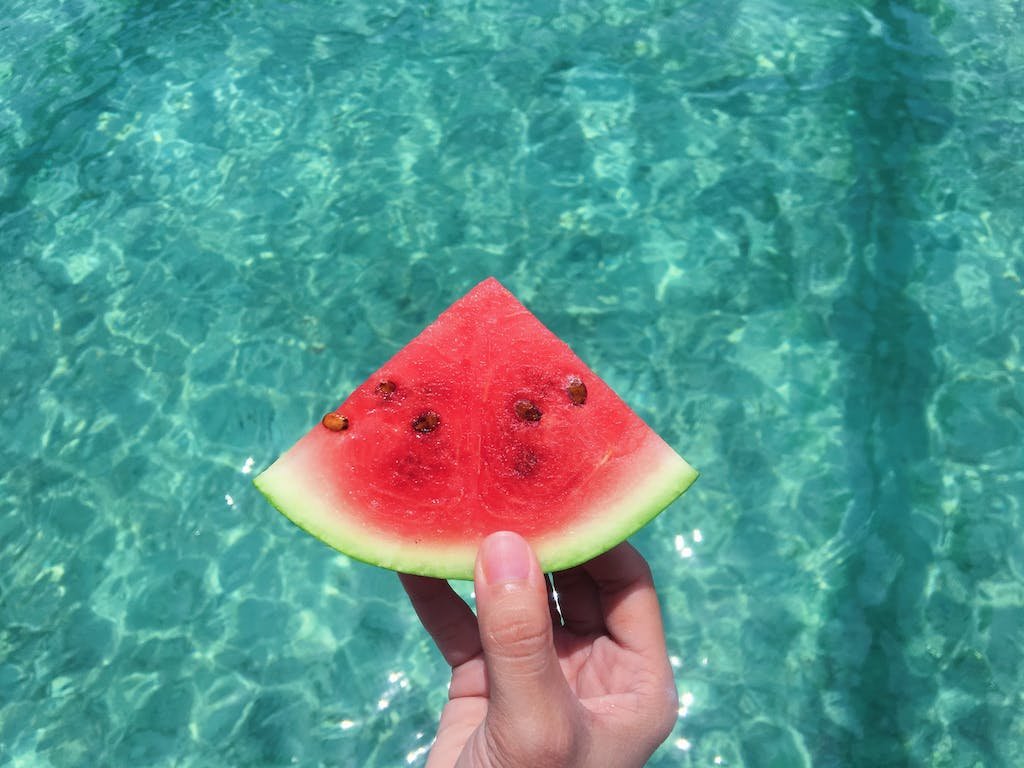
Hydration Through Foods and Drinks
Hydrating Foods
When it comes to staying hydrated, drinking water is not the only option. You can also consume foods that have high water content, such as fruits and vegetables. Fruits like watermelon, oranges, and melon, as well as vegetables like cucumber, are excellent sources of hydration. These foods can help you stay hydrated and provide essential nutrients at the same time.
Benefits of Coconut Water and Other Natural Drinks
Coconut water is a natural drink that is becoming increasingly popular as a way to hydrate. It is packed with electrolytes and has a unique taste that many people enjoy. Other natural drinks like milk and soup can also help you stay hydrated while providing additional nutrients.
Understanding the Effects of Caffeine and Alcohol
While coffee and tea can contribute to your daily water intake, it’s important to understand their effects on hydration. Caffeine is a diuretic, which means it can cause you to lose more water through urine. Similarly, alcohol can also dehydrate you and should be consumed in moderation.
The best way to stay hydrated is to drink plenty of water and consume foods that have high water content. Incorporating natural drinks like coconut water and being mindful of the effects of caffeine and alcohol can also help you maintain optimal hydration levels.
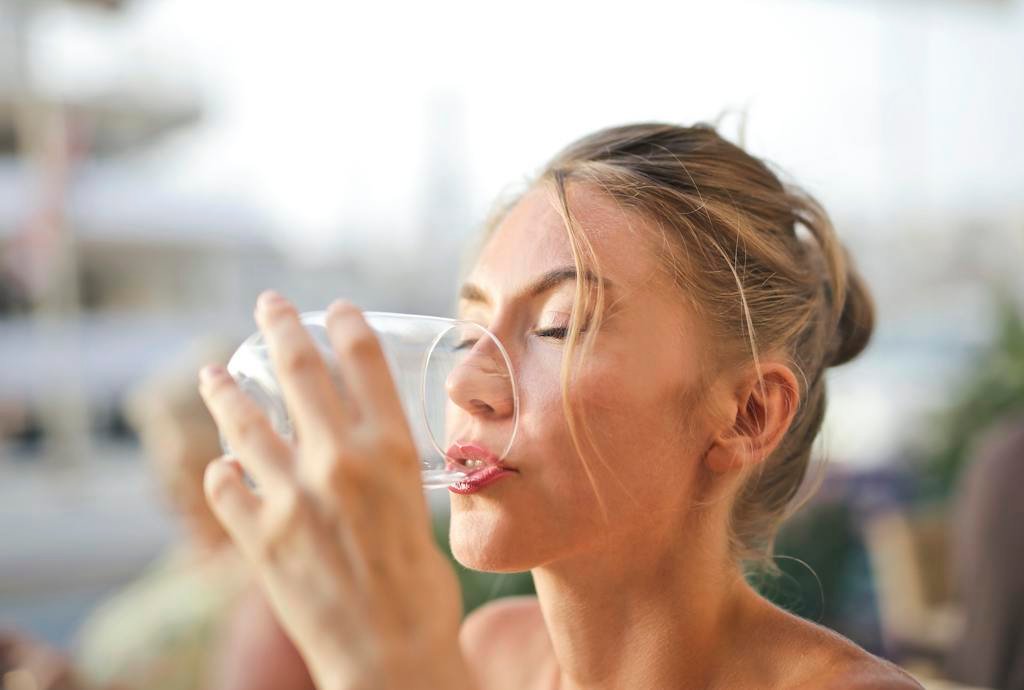
Recognizing and Treating Different Levels of Dehydration
Dehydration occurs when your body loses more fluids than it takes in. It can be caused by sweating, vomiting, diarrhea, or simply not drinking enough water. Recognizing and treating different levels of dehydration is important to avoid serious health complications.
Mild Dehydration
Mild dehydration is the earliest stage of dehydration and can be easily treated by increasing your fluid intake. Symptoms of mild dehydration include thirst, dry mouth, dark urine, and fatigue. If you are experiencing mild dehydration, drink plenty of water and avoid sugary or caffeinated beverages.
Severe Dehydration
Severe dehydration is a medical emergency and requires immediate attention from a doctor. Symptoms of severe dehydration include dizziness, headaches, vomiting, diarrhea, confusion, and fainting. If you are experiencing severe dehydration, you may need to receive fluids through an IV to quickly rehydrate your body.
When to Seek Medical Attention
If you are experiencing any symptoms of dehydration, take action to prevent it from getting worse. If you are unable to keep fluids down, have a fever, or have been vomiting or experiencing diarrhea for more than 24 hours, you should seek medical attention. If you are experiencing severe dehydration, seek medical attention immediately.
By recognizing and treating different levels of dehydration, you can prevent serious health complications and keep your body hydrated and healthy.
Preventive Measures and Lifestyle Considerations
Daily Hydration Habits
To maintain proper hydration establish daily hydration habits. Drinking enough water every day is essential for optimal health. The amount of water you need to drink varies depending on your body weight, activity level, and the climate you live in. A good rule of thumb is to drink at least 8 glasses of water per day. However, if you are physically active, you may need to drink more water to replace the fluids lost through sweating.
In addition to drinking enough water, maintain a balanced diet. Eating foods that are high in water content, such as fruits and vegetables, can help you stay hydrated. Avoiding sugary drinks and alcohol can also help you maintain proper hydration.
Hydration for Specific Groups and Conditions
Certain groups of people may require special attention when it comes to hydration. Children, for example, may not always drink enough water, so encourage them to drink water throughout the day. Pregnant women also need to drink more water to support the growth and development of their baby.
People with diabetes and kidney disease may also need to pay special attention to their water intake. Diabetes can cause excessive thirst and frequent urination, which can lead to dehydration. Kidney disease can affect the body’s ability to regulate fluid balance, so work with a healthcare provider to determine the appropriate amount of water to drink.
Avoiding Overhydration
While it is important to stay hydrated, it is also possible to drink too much water. Overhydration, or water intoxication, can occur when you drink more water than your body can handle. This can be dangerous and even life-threatening in severe cases.
To avoid overhydration, listen to your body and drink water when you are thirsty. If you are engaging in physical activity, drink water before, during, and after to replace fluids lost through sweating. If you are at high altitude, drink more water to compensate for the dry air.
Establishing daily hydration habits, paying attention to hydration needs for specific groups and conditions, and avoiding overhydration are important preventive measures and lifestyle considerations for maintaining proper hydration.



